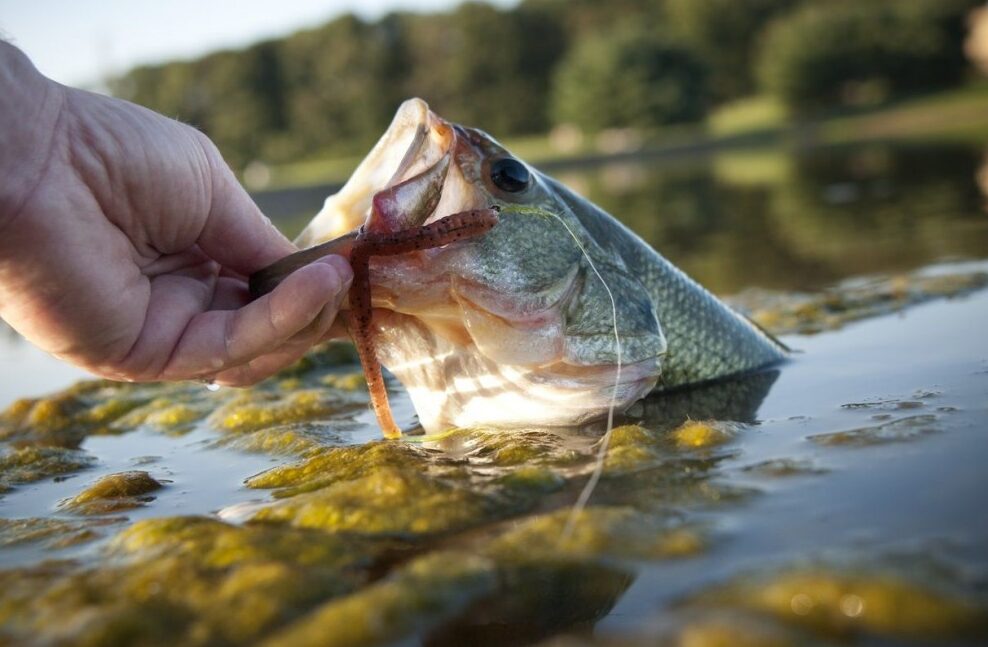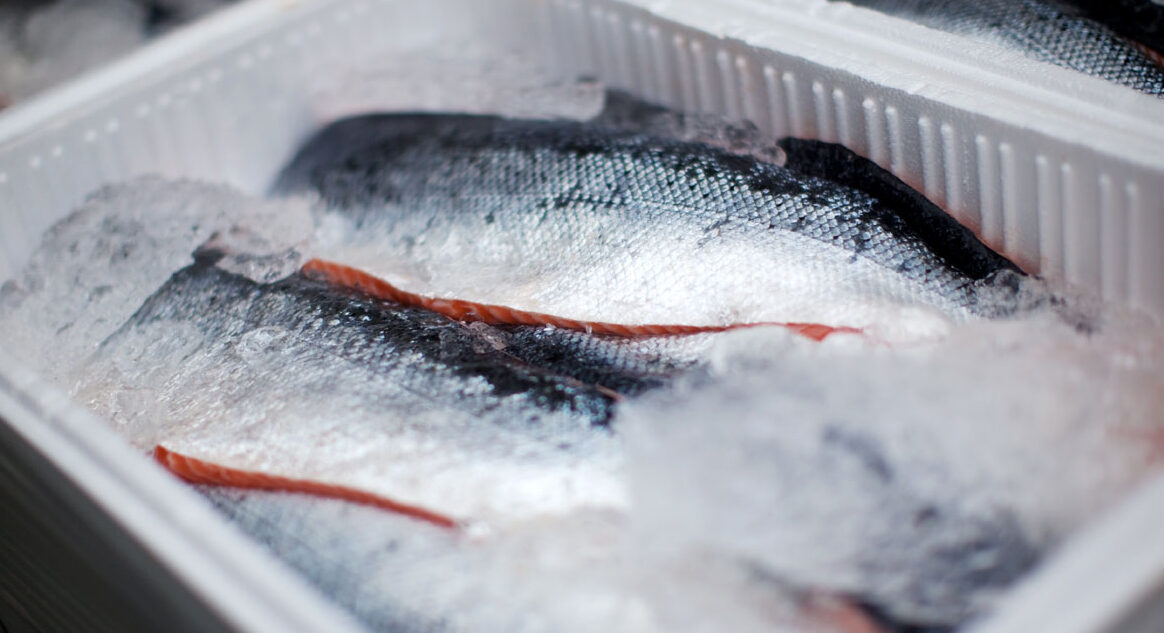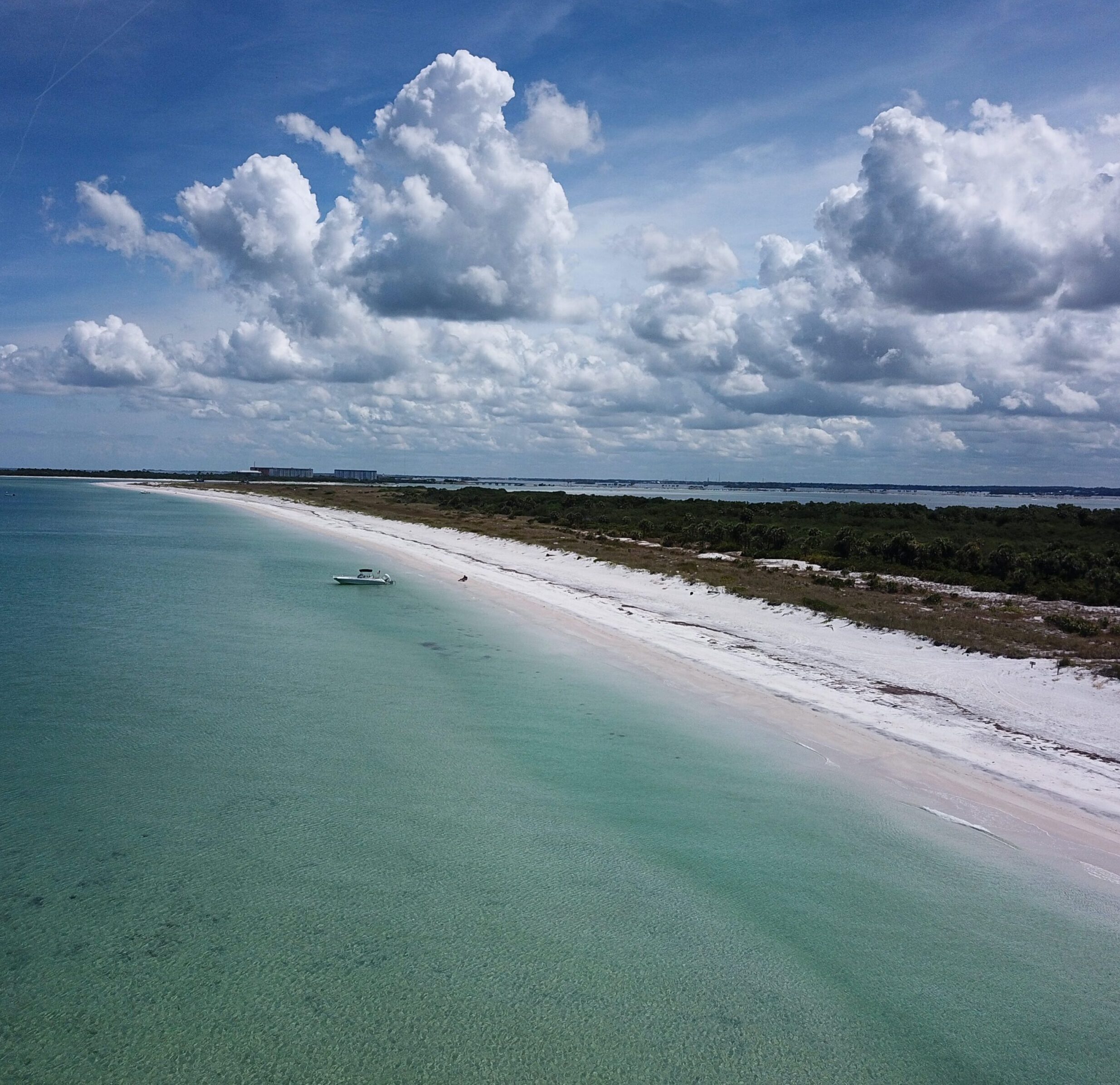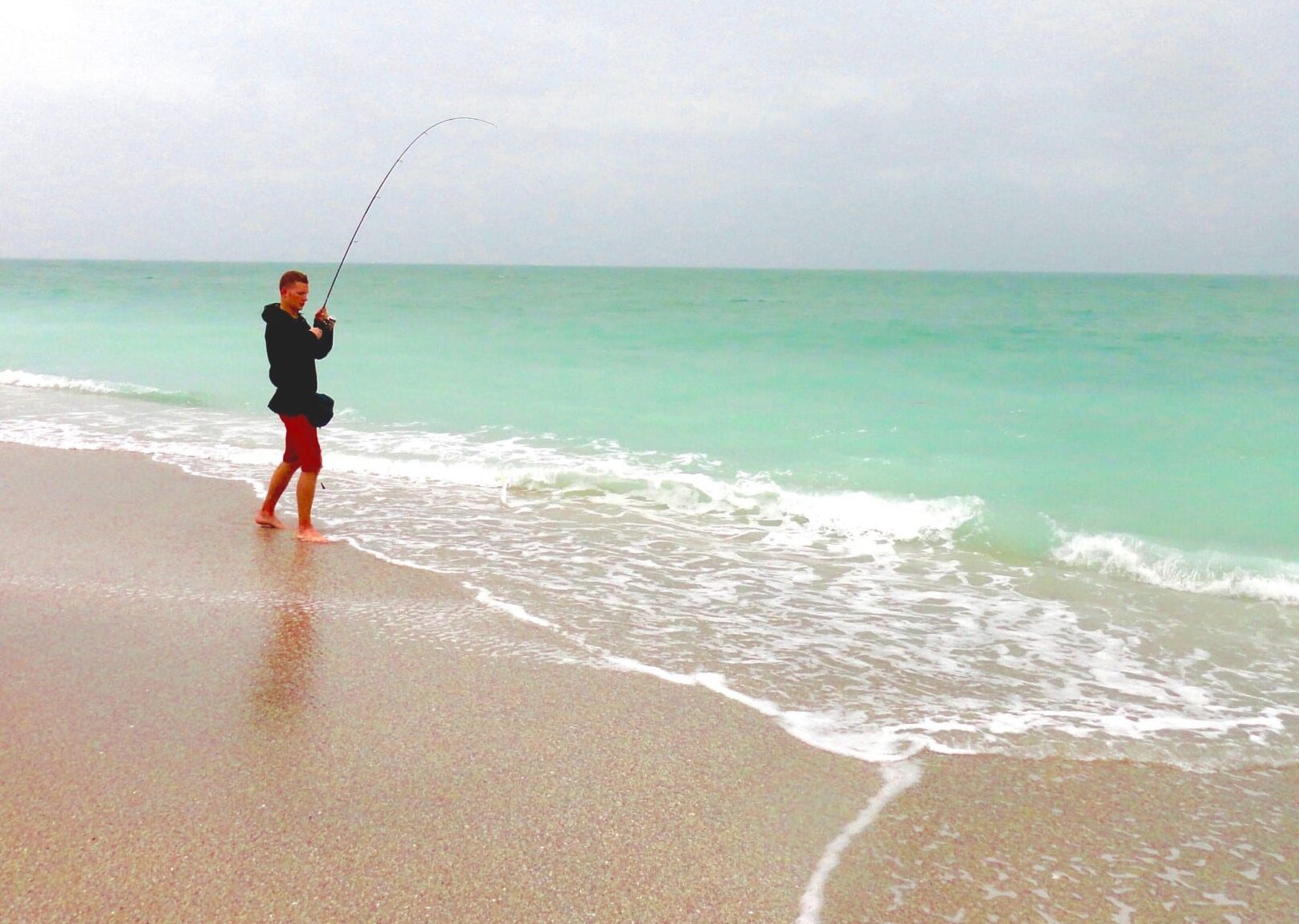Freshwater fishing is an excellent way to escape from the stresses of everyday life and connect with nature. Whether you prefer casting your line in a river or a lake, both offer unique experiences that are sure to satisfy any angler’s craving for adventure. In this blog post, we will explore the differences between freshwater fishing in rivers vs. lakes, discuss the benefits of each, provide tips for successful fishing trips, share some delicious recipes for cooking your catch and ultimately help you decide which body of water is best suited for your next freshwater fishing excursion. So grab your tackle box and let’s dive into this exciting topic!
What is the difference between fishing in rivers and lakes?
Fishing in rivers and lakes can offer vastly different experiences. Rivers are dynamic, with flowing water that can be challenging to navigate. In contrast, lakes often have calmer waters that allow for more relaxed fishing.
When it comes to the types of fish you’ll find, rivers tend to be home to colder water species such as trout and salmon. On the other hand, lakes are typically stocked with warm-water fish like bass, crappie and catfish.
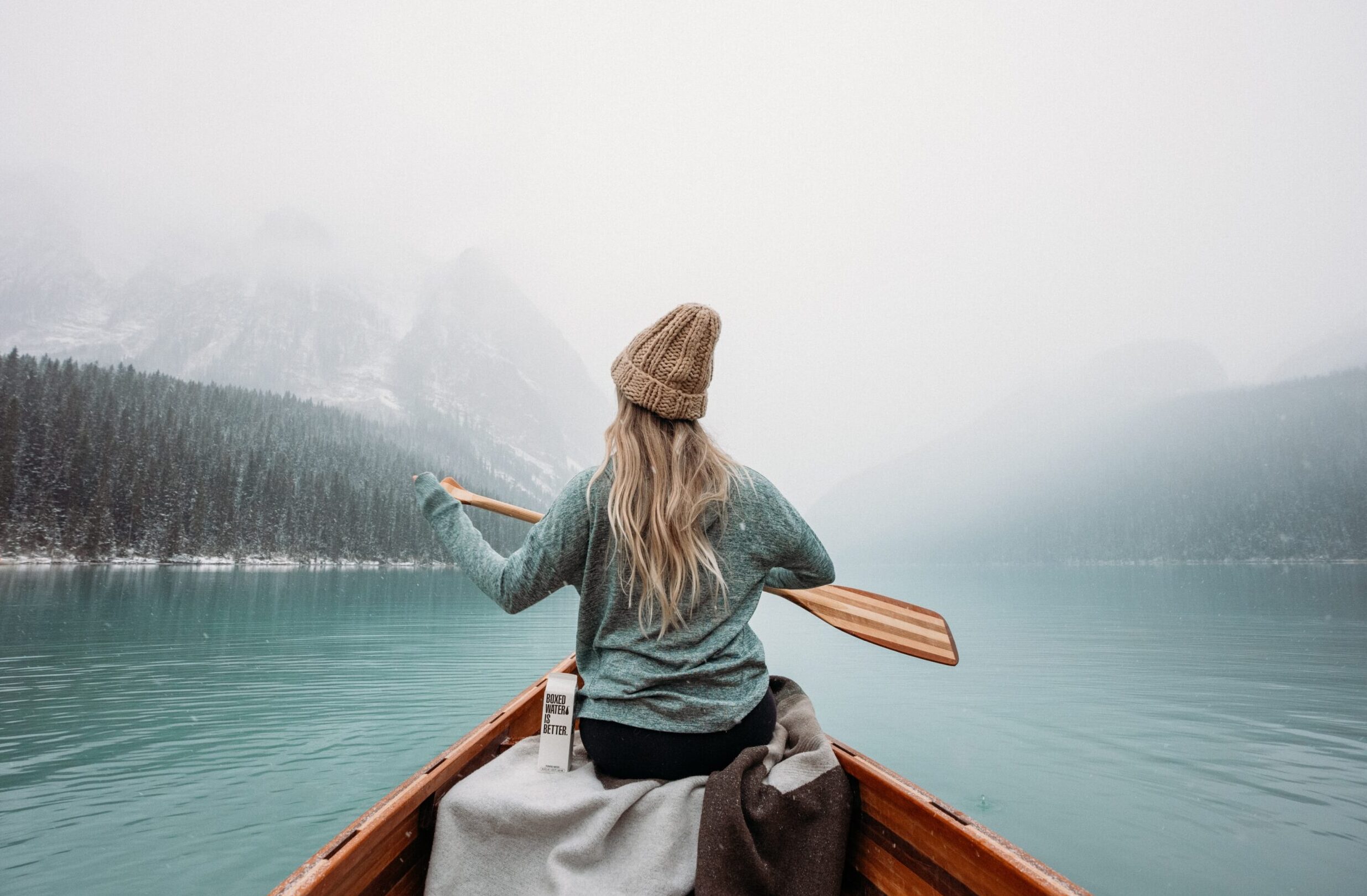
Another key difference is the type of gear required for each environment. Fishing in a river may require waders or boots to navigate the rocky terrain and fast-moving currents. Anglers in lakes can usually get by with more basic equipment like a fishing rod and reel.
Weather plays a crucial role when deciding where to fish. Lakes are often affected by wind patterns while rivers may see changes due to rain or snow runoff.
Whether you prefer freshwater fishing in rivers or lakes ultimately depends on your personal preference and experience level as an angler. Both environments offer unique challenges and rewards that make them worth exploring!
The benefits of fishing in rivers
Fishing in rivers has its own unique advantages that make it a popular choice among avid anglers. Firstly, fishing in rivers is an excellent way to experience nature and appreciate the beauty of the outdoors. Rivers are typically surrounded by lush greenery and wildlife, providing a peaceful and relaxing environment for fishing.
Another benefit of river fishing is that it offers anglers the opportunity to catch a diverse range of fish species. Many different types of fish inhabit freshwater rivers, including trout, bass, catfish, pike, and salmon. This means there’s always something new to catch!
River currents also provide an exciting challenge for fishermen as they have to adjust their techniques according to water flow changes. Fishing in moving waters requires quick reflexes and strategic thinking – making each day on the river an adventure.
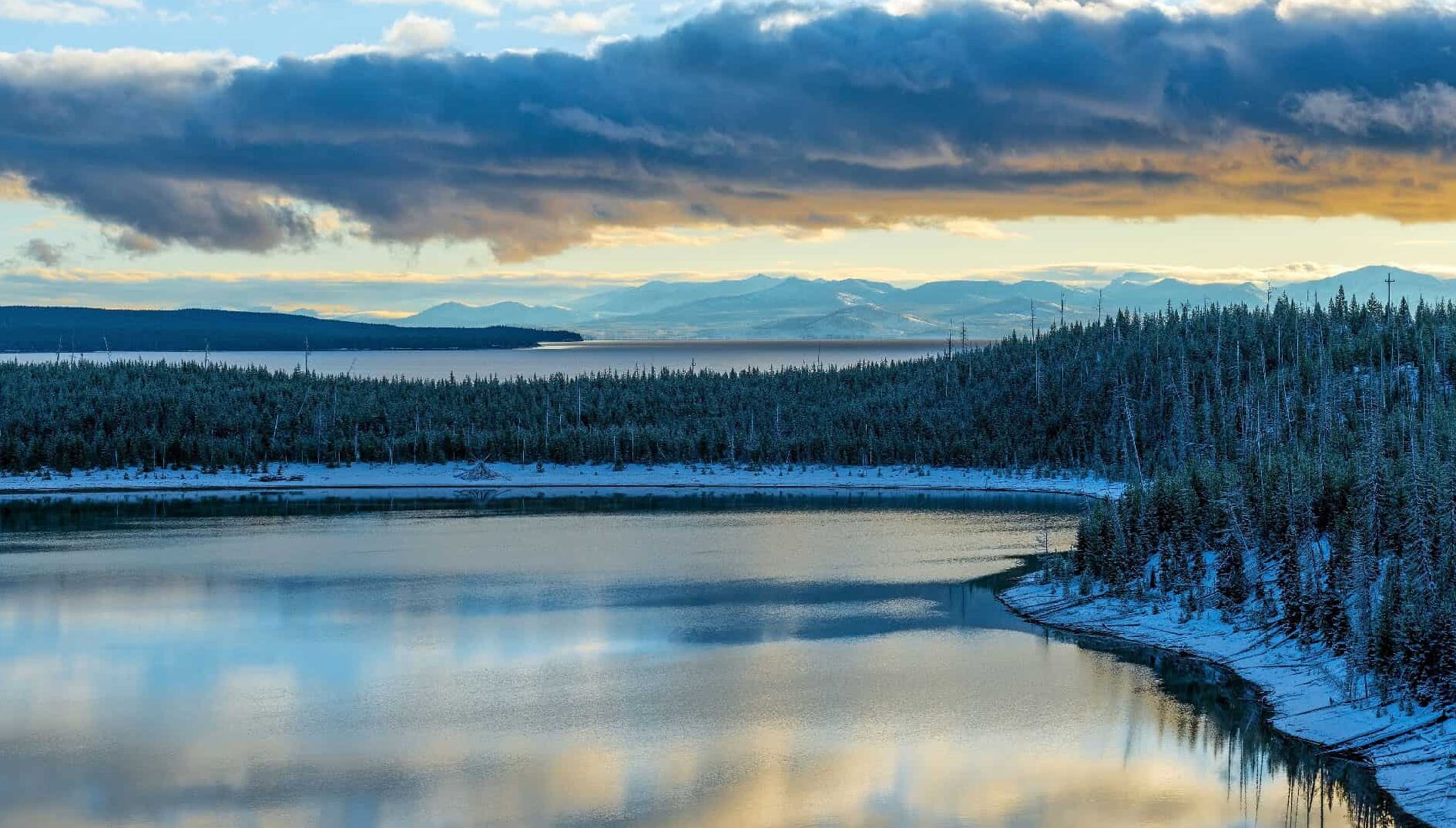
Moreover, many freshwater rivers offer easy access points along their banks or via boat ramps which makes them more accessible than lakes sometimes.
Lastly but not leastly (pun intended), river fish are often considered tastier compared with lake fish because they tend to be less fatty due to their active lifestyle against strong current flows.
The benefits of fishing in lakes
Fishing in lakes is a popular activity for anglers of all skill levels. One of the biggest benefits of fishing in a lake is the variety of fish species that can be found. Depending on the location and season, lakes can hold everything from trout to bass to walleye.
Another advantage of fishing in a lake is the size and depth. Lakes are typically larger than rivers or streams, which means there’s more room for fish to grow and thrive. The deeper waters also provide cooler temperatures, making it an ideal habitat for cold-water species like salmon.
Lakes also offer plenty of opportunities for shore fishing as well as boat fishing. With many lakes offering boat rentals or launch ramps, anglers have access to more areas where they can cast their lines and catch some big fish.
Additionally, many lakes are located near campgrounds or other recreational areas which makes them perfect for family vacations or weekend getaways.
Fishing in lakes provides unique challenges and rewards that make it an enjoyable experience for any angler willing to put forth the effort.
Tips for freshwater fishing
Fishing is an art, and like any other art form, practice makes perfect. To improve your freshwater fishing skills and make the most out of every trip, here are some tips:
1. Research: Do your homework before heading to a river or lake. Find out what kind of fish inhabit the water body you’re visiting, their feeding habits and preferred baits.
2. Timing: Fish are more active during certain times of the day and year. Early morning or late evening is usually the best time for fishing as fish tend to feed during these hours.
3. Equipment: Make sure you have all necessary equipment such as rods, reels, lines, hooks and bait that match the size of fish you plan to catch.
4. Safety first: Always wear a life jacket while on a boat or close to deep waters; keep an eye on weather conditions; carry sunscreen and insect repellent.
5. Patience is key: Don’t get frustrated if you don’t catch anything right away – take breaks between casts to avoid scaring off nearby fish with too much noise or movement
6. Keep it clean: Respect nature by leaving no trash behind when leaving your favorite spot
Remember that these tips will help enhance your overall experience but there’s no guarantee for success in catching fish!
Recipes for freshwater fish
Freshwater fishing can be a great way to catch your own dinner. But once you’ve reeled in your catch, what do you do with it? Cooking freshwater fish can seem daunting if you’re new to it, but there are plenty of delicious recipes out there that showcase the natural flavors of the fish.
One classic recipe is pan-fried trout. Simply season the cleaned and gutted trout with salt and pepper, then coat lightly with flour. Heat up some oil or butter in a frying pan until hot, then add the trout skin side down. Cook for about 3-4 minutes on each side until crispy and golden brown.
Another popular dish is grilled salmon. Marinate fresh salmon fillets in olive oil, lemon juice, garlic, and herbs for at least an hour before grilling over medium-high heat for 6-8 minutes per side. Serve with roasted vegetables or a crisp salad for a healthy meal.
If you’re feeling adventurous, try making fish tacos using tilapia or catfish filets. Coat the filets in spices like cumin and chili powder before cooking them in a skillet until flaky and tender. Serve on warm tortillas with shredded cabbage slaw and lime wedges for squeezing over top.
No matter how you cook it, freshwater fish is both nutritious and delicious when prepared correctly!
To sum up, both freshwater fishing in rivers and lakes have their unique benefits. Rivers offer a thrilling experience with fast-moving water and more diverse fish species to catch. Lakes provide tranquillity and the opportunity to catch larger fish.
Whether you prefer river or lake fishing, it’s important to follow local regulations and environmental practices. Always be mindful of your impact on the ecosystem when fishing.
With these tips for freshwater fishing, including choosing between river or lake fishing based on your preferences, using the right gear and techniques, and cooking delicious recipes from your catch – you’ll be well-prepared for any upcoming trip.
So pack your bags, grab your tackle box, put on some sunscreen – it’s time to hit the waters for an unforgettable day of freshwater fishing!
